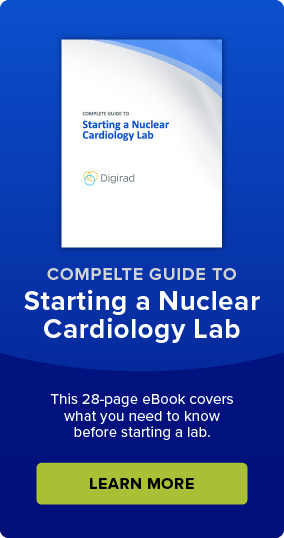Mobile cardiac outpatient telemetry (MCOT or MCT) is an innovative technology that cardiologists use to monitor patients’ every day cardiac behavior. The technology that powers MCT is continually evolving and below are a few of the latest innovations we are seeing emerge.
One-Piece Devices
Traditional MCT systems have been two-piece systems that contain a receiver and a transmitter. The two-piece equipment contains wires that are attached to leads, which close the circuit from the heart to the receiver to the transmitter. Recent developments in MCT technology have created a one-piece device that can store data for up to thirty days. The one-piece device features a single receiver/recorder. One-piece designs are appealing to patients because they only have to worry about one piece of equipment, and it is less obtrusive.
Extended Holter Technology (Patch)
Extended Holter, or “patch” technology as it’s commonly known, is a “long term” Holter device and not MCT technology. Though the “patch” does not require wires, it is a two piece technology that requires data to sync to a remote device via Bluetooth technology. Though this “Band-Aid” Style Patch adheres directly to the patient’s chest without wires, it is fairly large at roughly 5 inches long, 2 inches wide and more than an inch thick.
GPS and Accelerometers
MCT devices are now integrating GPS technology and accelerometer metrics. These additional measurements enhance the data that the MCT transmits to the cardiologist, which then enhances diagnostic abilities. The GPS feature allows the physician to gather geographic data about where the patient was during different points in the data. The accelerometer provides a picture of the activity that the patient was engaging in at the time of an event. These features provide a broader scope and more detailed evidence that can help cardiologists understand the status of their patients’ heart function.
The bottom line…
Advancements that are easier to use, produce broader data spans and encourage patient compliance are all positive developments but must be tested. As a leader in the heart monitoring space, Telerhythmics is constantly testing and evaluating these technologies. This evaluation will help us determine which devices will be the most stable and beneficial for customers. It’s also important to remember that technology is only one piece of the equation. Ultimately, the most successful heart monitoring programs are those with the Cardiac Trained RNs using customized QA reports.



